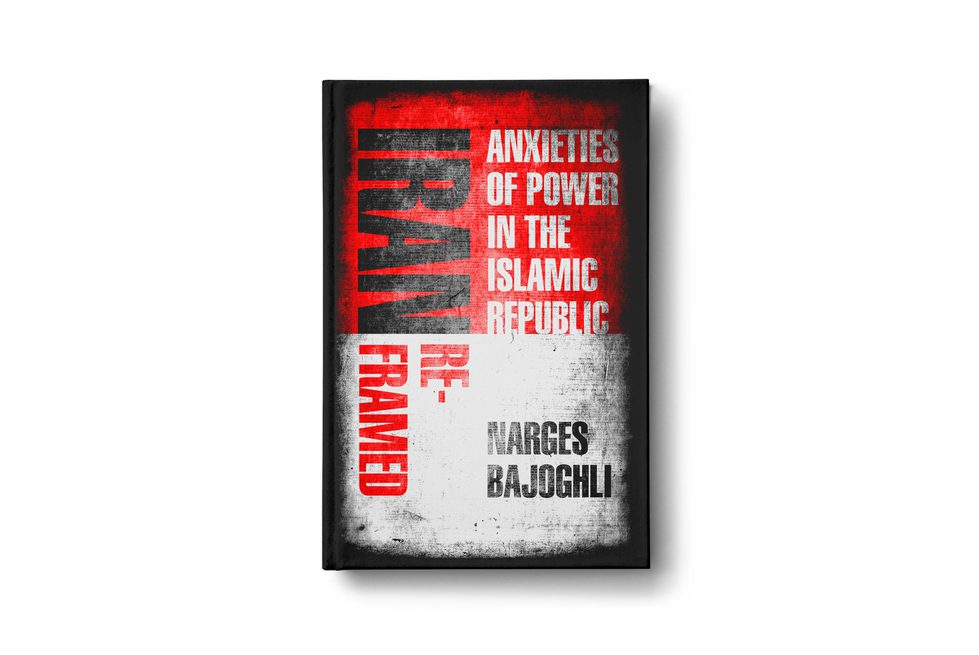
Narges Bajoghli’s Iran Reframed: Anxieties of Power in the Islamic Republic (2019) is an extraordinary achievement that illustrates the relation between contemporary statecraft and media production. Bajoghli deftly weaves a polyvocal ethnography that showcases the many conflicting subject-positions that are found within Iran’s “pro-regime” spectrum. She illustrates how regime officials and media producers collectively navigate the challenges of both “immense international pressure and domestic criticism” (22). Iran Reframed tells the story of the Islamic Republic’s media producers as they struggle to remain relevant. By conjuring a unifying nationalist tale that caters to younger generations who did not live through the 1979 Islamic Revolution, Bajoghli demonstrates how state media producers attempt to uphold the regime. Through Bajoghli’s engagements with the regime’s media producers, we come to learn how they dissimulate their role in state media productions by attempting to go “underground” (91); how they disseminate media narratives through a range of platforms (e.g., popular music streams, informal street vendor markets, museums); and how they shift the regime’s narrative from one of Islamic revolution to one of “populist nationalism” (102). This book forum brings together four scholars to think with and celebrate Iran Reframed.
Posts in This Series

Authoritarian Propaganda and Its Discontents
When one thinks of authoritarian propaganda, what often comes to mind is an Orwellian media ecosystem created and managed by a centralized state to mold the val... More

Reframing the Agents of the Islamic Republic
Since the 1979 Islamic Revolution, Iran has occupied the popular imagination of Americans and many others in films, news, and other media that portray it as a f... More

Producing a Revolution: An Ethnography of Pro-Regime Media Makers in Iran
The Iranian Revolution of 1979 was a massive popular revolution against the American-supported government of Mohammad Reza Pahlavi (a monarch). It had dramatic ... More

Processual State, Processual Kinship
What happens to revolutions generations after they become state projects? In Iran, as elsewhere, both the state and the revolution are ongoing processes. One of... More

Iran Reframed: Author's Response
Since researching and writing Iran Reframed, the socio-political landscape in Iran has shifted dramatically, further demonstrating what I tried to highlight in ... More